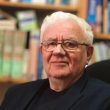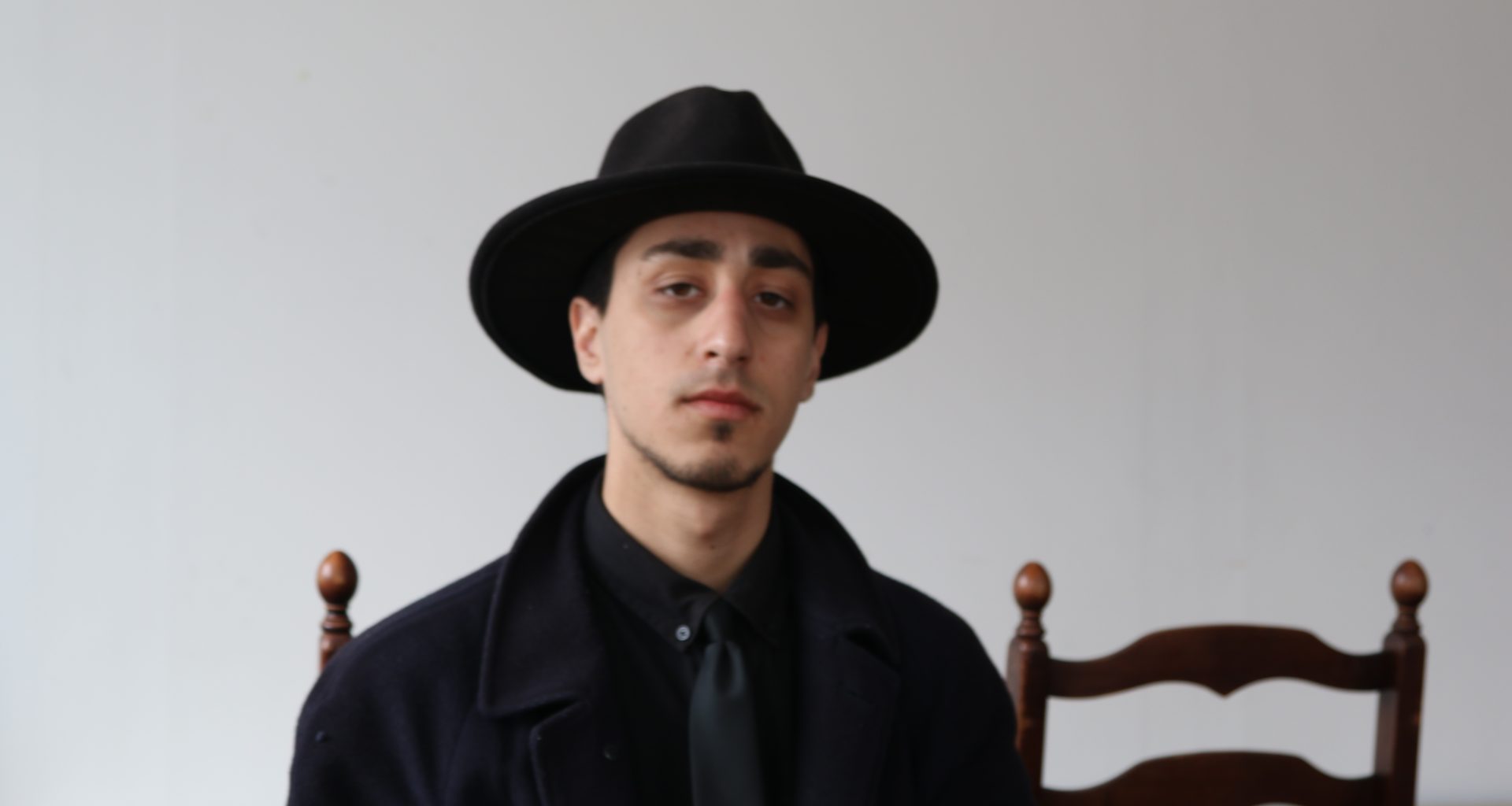If you haven’t been forcefully displaced from your home before, you would barely understand what goes through, in and out, of the life of refugees, asylum seekers, or internally displaced persons (IDPs). For people in this situation, the reality of migrating to a new place, adapting to a new culture, meeting new people, sometimes living without your family, and getting your life ahead requires time and mental support.
It’s been over a year since Russia’s invasion of Ukraine started, but the effects still abound. At least 13 million people have been uprooted from their homes, including about 8 million refugees across Europe and more than 5 million internally displaced people within Ukraine. The United Kingdom hosts at least 231,597 refugees and 127,421 asylum seekers according to UNHCR statistics. These individuals are hosted in hotels and host homes across the country where they are provided accommodation, financial support, and access to essential services such as healthcare, language classes, and societal integration programs. Depending on individual circumstances and immigration status, some people face restrictions and limitations on employment, education, and travel.
Ihor Burma currently lives in Bournemouth. He fled Ukraine with his mother in 2022 when they realized that the war would not subside. Although He gets free universal credit and is permitted to study and work through sponsorship from the Homes for Ukraine scheme, he has struggled to gain employment. It has really been a difficult situation for his family, and this has caused him mental health issues. He wants to be productive and contribute to his new community, and this led him to join college, but his health challenges have forced him to drop out.
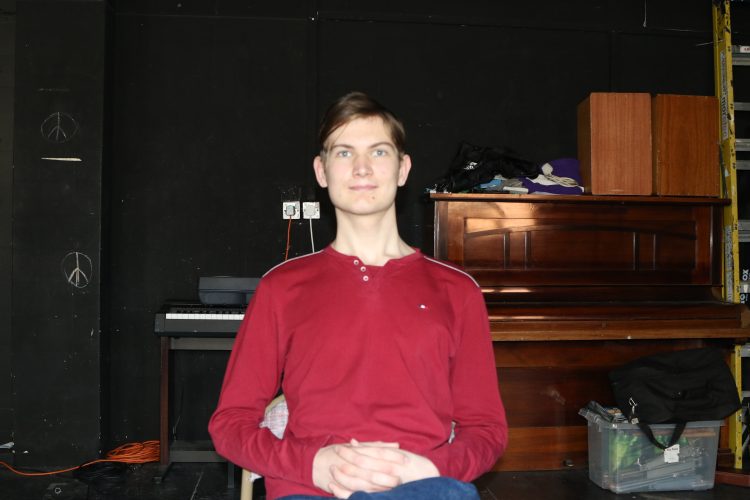
“I think the biggest challenge for me here is to find a job,” Burma says adding that he has made about five hundred applications which turned out negative. He believes if special events like seminars or charity lists are set up for individuals like him, they could help him find a job quicker.
If there is anything this situation brings on individuals, it is the uncertainty of what the future holds. Unlike Burma, Daniil Avvakumenko from Belarus has no work permit or access to attend college. He gets a weekly stipend, free hotel accommodation, and a weekly course as an Asylum Seeker, but he wants a better use of his skills.
“I don’t have any friends or family around, and all the time I’m alone and sit at home,” Avvakumenko said. “I’m creative. I like something like art…. But I can’t work now because I don’t have the papers… I want to stay in the UK because I love this country and I can’t go back. It’s a big problem I have in my country. I want to just stay; I want to just have a job and normal life.”
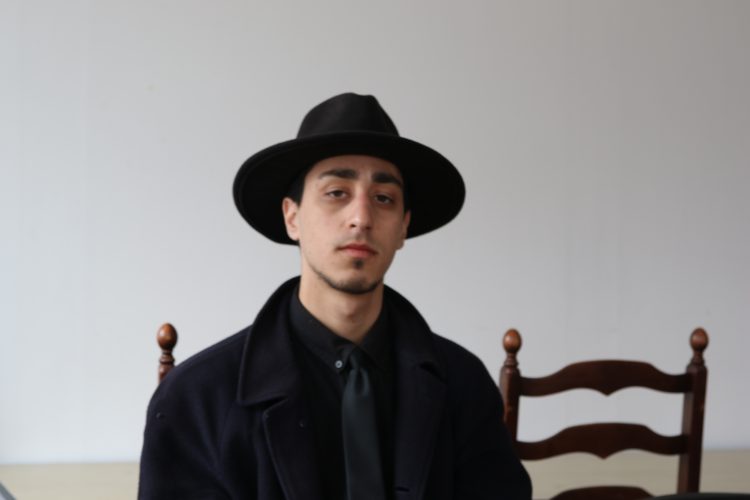
Over two decades ago, Jamal Barrie had the opportunity to travel to the United Kingdom. Because of the civil war in his country, Sierra Leone, He could not return and had to seek asylum in England. Like others, He says it was challenging because he could not work and was only given free food daily.
“The biggest challenge [for asylum seekers] is to fit into this society,” Barrie says, adding, “If you come here when you’re young, it helps you because you have a long period to learn and adapt. But when you’re older, it’s harder.”
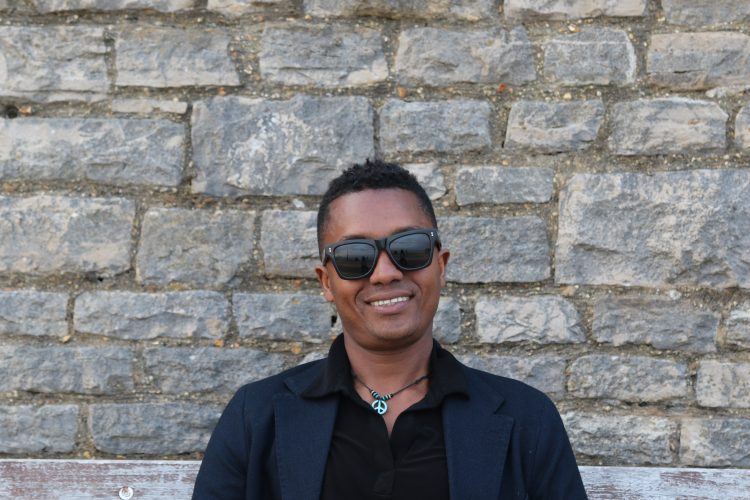
Beatriz Brooks, who works with NGOs supporting minority groups like refugees and asylum seekers says the biggest challenge associated with these people is the language barrier, accommodation for families, and legal aid.
According to Brooks, “While transmitting to a refugee from an asylum seeker, they need somebody to do all the paperwork and send it to the Home Office, etcetera. But there are so many people waiting, compared to the number of people who have the qualifications to give legal advice.” Most of the people who are asylum seekers don’t have the financial situation to pay for these legal fees. Hence, they rely on the few solicitors who are paid by the home office to provide such advice.
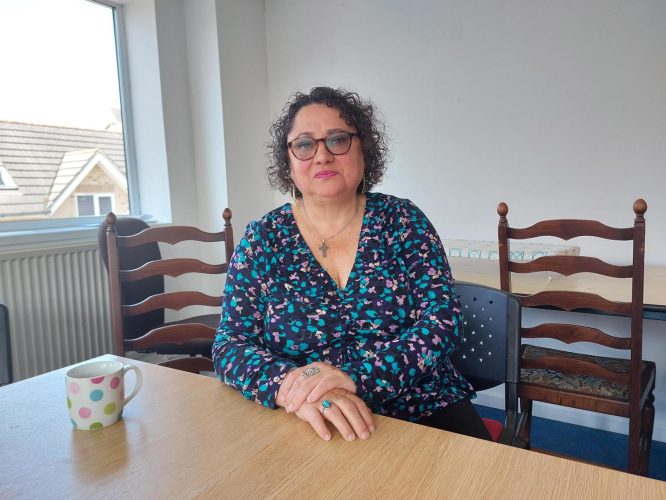
Brooks says asylum seekers need to be patient, “because it takes time” to get a permanent stay in the country. She advised them to engage in learning opportunities and embrace activities like sports and volunteering to keep themselves in a good mental state.
While reminiscing his experience, Barrie says asylum seekers can get a better meaning of their lives if they remain focused and positive. “This is a good place to do something with your life. When you know where you’re coming from, then you will understand where you need to get to,” he said.



